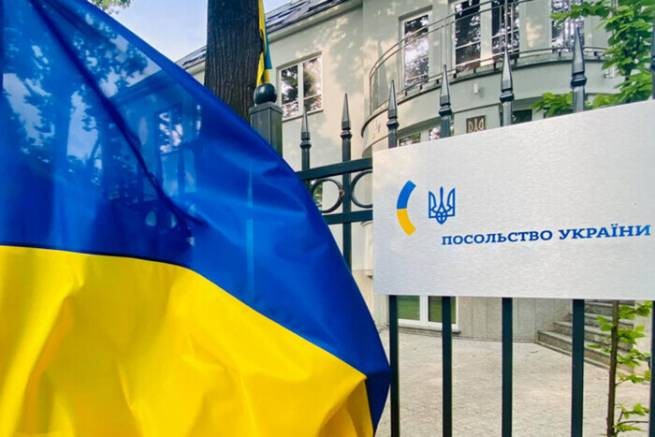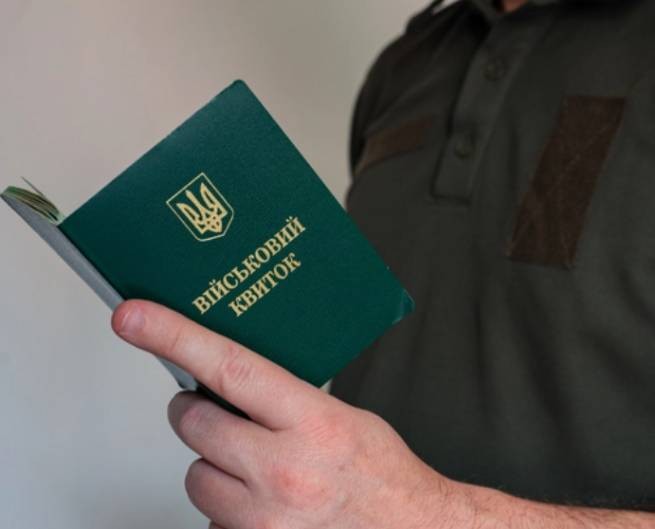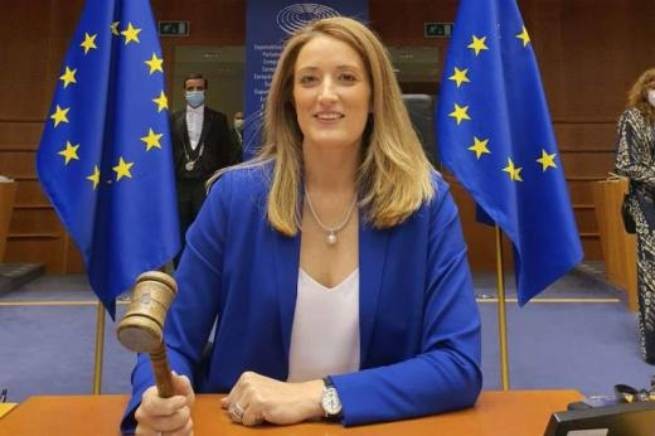It would be more accurate to say that they were never joyful. Because they touched on a terrible period in the history of the Greeks of the USSR – deportation. But not only about the horrors of what happened to people who came from the shores of the gentle Black Sea – the Georgian coast – to the Kazakh steppes, Uncle Kolya spoke, there was a place in his memoirs for kindness and gratitude.
“I remember waking up from hunger in a yurt,” he said. – There are a lot of kids, both ours and local ones. At the hearth – a Kazakh woman, kneaded cakes and lays them out to bake … Her children are sitting next to her – we are away. Here the cake is ready, the aroma for the whole yurt … She takes out the cake, her son pulls the handle, and she pats his hand and holds out the cake … to me. And also with the next cake. And until we all ate, she did not feed her children … How can you forget that?
Uncle Kolya talked a lot about the extraordinary kindness to the deportees, about the invaluable help that they, despite the irritation of the “escorts”, provided to people who were left without anything …
– If not for the Kazakhs, – Uncle Kolya liked to repeat, – we would not have survived there, we would all have died. Think for yourself: in summer – plus 50, in winter – minus 50 … The climate was completely unusual for us, and even this stigma “expelled” … Only the kindness of the locals saved us. It was hospitality of special meaning …
I had a chance to visit Kazakhstan several times. And in the famous Tabaksovkhoz, where, by the way, Greek is still taught in schools, both in big cities and in small ones too. And every time I remembered Uncle Kolya and his stories. And, communicating with these wise, open people, I understood how true these stories were …
View the embedded image gallery online at:
https://rua.gr/news/sobmn/52415-o-gostepriimstve-osobogo-smysla-i-kazakhstanskom-yabloke-v-afinakh.html#sigProId07222070ff
Uncle Kolya is no longer with us. But these days, when a monument was opened in the Athens region of Menidi in honor of the 30th anniversary of the establishment of diplomatic relations between Kazakhstan and Greece… I remembered this amazing person…
The monument – an apple, a symbol of Almaty, framed by olive branches, now adorns the central square of the district, where more than 30,000 Pontic Greeks from families deported to Kazakhstan and returned to their historical homeland live compactly. And in every family here they remember and pass on from generation to generation stories similar to those that I heard from Uncle Kolya …
Published M&E
Uncle Kolya from Kallithea was one of the first people I met in Greece. He came to the editorial office, settled comfortably in an armchair and … told. You could listen to Uncle Kolya ad infinitum. Although his stories were not always joyful.
It would be more accurate to say that they were never joyful. Because they touched on a terrible period in the history of the Greeks of the USSR – deportation. But not only about the horrors of what happened to people who came from the shores of the gentle Black Sea – the Georgian coast – to the Kazakh steppes, Uncle Kolya spoke, there was a place in his memoirs for kindness and gratitude.
“I remember waking up from hunger in a yurt,” he said. – There are a lot of kids, both ours and local ones. At the hearth – a Kazakh woman, kneaded cakes and lays them out to bake … Her children are sitting next to her – we are away. Here the cake is ready, the aroma for the whole yurt … She takes out the cake, her son pulls the handle, and she pats his hand and holds out the cake … to me. And also with the next cake. And until we all ate, she did not feed her children … How can you forget that?
Uncle Kolya talked a lot about the extraordinary kindness to the deportees, about the invaluable help that they, despite the irritation of the “escorts”, provided to people who were left without anything …
– If not for the Kazakhs, – Uncle Kolya liked to repeat, – we would not have survived there, we would all have died. Think for yourself: in summer – plus 50, in winter – minus 50 … The climate was completely unusual for us, and even this stigma “expelled” … Only the kindness of the locals saved us. It was hospitality of special meaning …
I had a chance to visit Kazakhstan several times. And in the famous Tabaksovkhoz, where, by the way, Greek is still taught in schools, both in big cities and in small ones too. And every time I remembered Uncle Kolya and his stories. And, communicating with these wise, open people, I understood how true these stories were …
View the embedded image gallery online at:
https://rua.gr/news/sobmn/52415-o-gostepriimstve-osobogo-smysla-i-kazakhstanskom-yabloke-v-afinakh.html#sigProId07222070ff
Uncle Kolya is no longer with us. But these days, when a monument was opened in the Athens region of Menidi in honor of the 30th anniversary of the establishment of diplomatic relations between Kazakhstan and Greece… I remembered this amazing person…
The monument – an apple, a symbol of Almaty, framed by olive branches, now adorns the central square of the district, where more than 30,000 Pontic Greeks from families deported to Kazakhstan and returned to their historical homeland live compactly. And in every family here they remember and pass on from generation to generation stories similar to those that I heard from Uncle Kolya …
Published M&E







More Stories
Greece must transfer the Patriot PAC-3 system to Ukraine with US “guarantees” against the Turkish threat
How will the confiscation of Russian assets affect the global financial system?
TikTok ban in the USA: Americans force the owner company to sell its assets